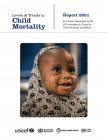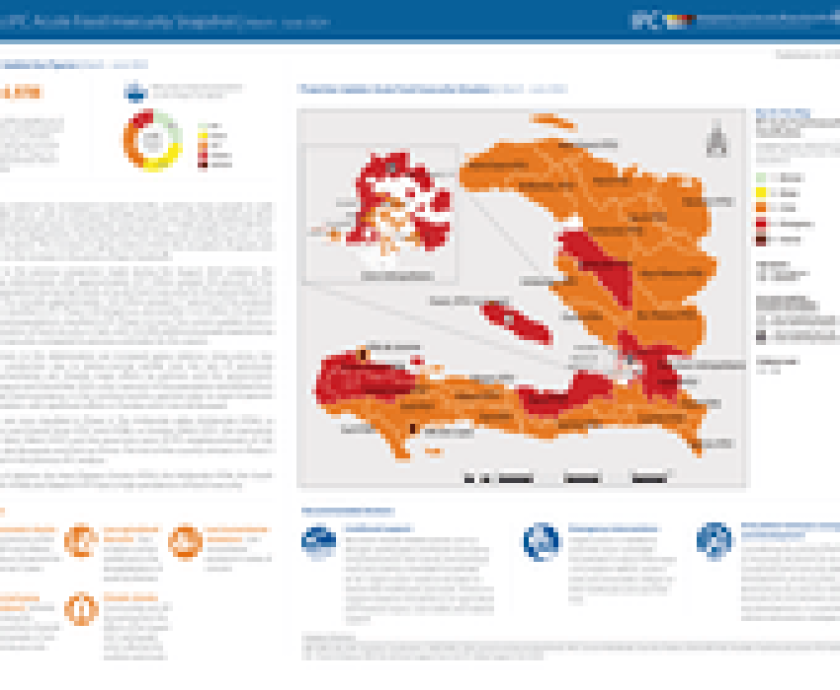Click to expand Image
Children play with a canoe on Manus Island, Papua New Guinea, February 6, 2018.
© 2018 Jonas Gratzer/LightRocket via Getty Images
Earlier this month, parts of Papua New Guinea (PNG) experienced a surge in king tides that flooded communities and displaced approximately 53,000 people. King tides are the highest predicted tides of the year and are reaching higher and farther as climate change causes sea levels to rise. For PNG – facing more than double the global average in annual sea level rise – the worst is yet to come.
In coastal and island communities in Bougainville, Manus Island, East Sepik, and the New Ireland provinces media reported how flooding submerged schools, homes, gardens, water catchments, and cemeteries, and that some homes were completely washed away.
Ron Knight, a resident of Manus Island and former member of parliament with experience coordinating emergency response to past flooding, told Human Rights Watch that flooding will have prolonged impacts on community members’ ability to harvest food and that older people, children, and newborns are particularly at risk when essential food sources are adversely affected.
The devastation from recent flooding is a stark reminder of the urgency of the climate crisis for Pacific nations. While contributing very little to global emissions that are driving the climate crisis, coastal and island communities in PNG face serious climate impacts as sea levels rise and coastal erosion impacts access to food and water and force residents to relocate.
At the global climate talks at COP26 last month, Pacific nations urged the international community to curb emissions to reduce the adverse impacts of the climate crisis. But COP26 commitments fall well short of what is needed to limit global warming to 1.5 degrees and avert the most catastrophic outcomes of climate change in the Pacific and elsewhere.
Governments have an obligation to protect people from the foreseeable harms of climate change. They should take concrete steps to go beyond pledges made in Glasgow to rapidly reduce emissions. Governments also need to urgently prepare for protecting at-risk populations during climate disasters. Developed high-emitter countries should increase support to developing countries for adaptation to already unavoidable climate impacts. For the people of PNG, as for other communities bearing the brunt of climate impacts, the time for empty commitments is long past.




